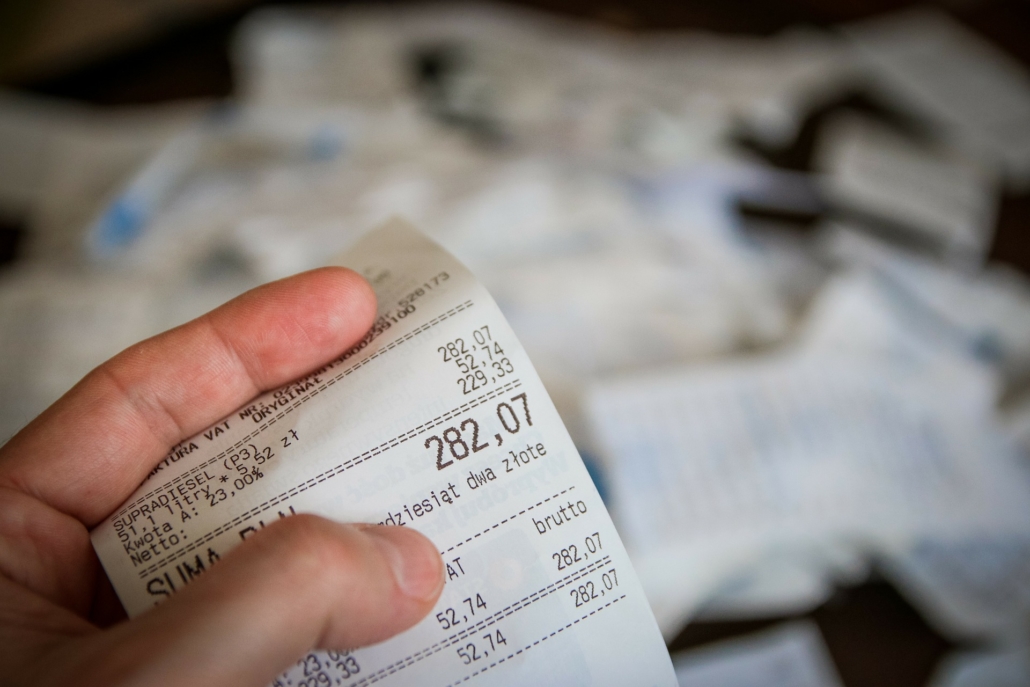The small entrepreneurs-rule
As of 1 January 2020, a substantial change will take place with respect to Dutch VAT. As of that date, the small entrepreneurs-rule (KOR) will be amended. In short summary, before 1 January 2020, entrepreneurs with a yearly maximum amount of VAT to pay (after offset of input tax) of respectively EUR 1,883 and EUR 1,345 were partly exempted or fully exempted from payment of Dutch VAT to the Dutch tax authorities. After 1 January 2020, a Dutch resident VAT-entrepreneur is able to file a request for an exemption of Dutch VAT in case the entrepreneur does not exceed a yearly turnover of more than EUR 20,000 (this new rule applies to both legal entities and non-legal entities). That means that, after approval from the tax authorities, the entrepreneur does not have to charge VAT to its customers and also that he should not have to pay this VAT to the tax authorities.
In case the entrepreneur would like to file a request for applying to this new rule for the year 2020, the request should be filed before 20 November 2019 by using a registration form. The average processing time will be estimated on four weeks. A request will be valid for a period of at least three years and will be prolonged after that, unless the entrepreneur have not deregistered himself for this rule again. Entrepreneurs with an existing exemption (based on the old rule) will automatically be registered for the new rule, unless they will not deregister themselves. In case of a change in the situation, for example, the entrepreneur will exceed an amount of turnover of more than EUR 20,000, a request of deregistration should be filed with the tax authorities again, by using a deregistration form. Furthermore, the entrepreneur is not able to participate on this new rule for the next three years after deregistration caused by this higher turnover.
This new rule has advantages and disadvantages. The advantage is that there is an exemption of administrative burden. No Dutch VAT must be charged to the customer and no VAT-administration needs to be kept. However, please be aware that a normal administration should still be kept.
A disadvantage is that the VAT charged by the supplier, cannot be deducted. Therefore, it can be very interesting to check whether VAT must be paid or to be refunded on a yearly basis and if a request for the KOR is interesting for you. I need to mention that there are also exceptions on this rule. The KOR does not apply to each VAT transaction.
If you would like to receive more information about the new KOR (or the old rule), or you would like to discuss the content of the new rule or you need assistance with filing a request, please feel free to contact me.

